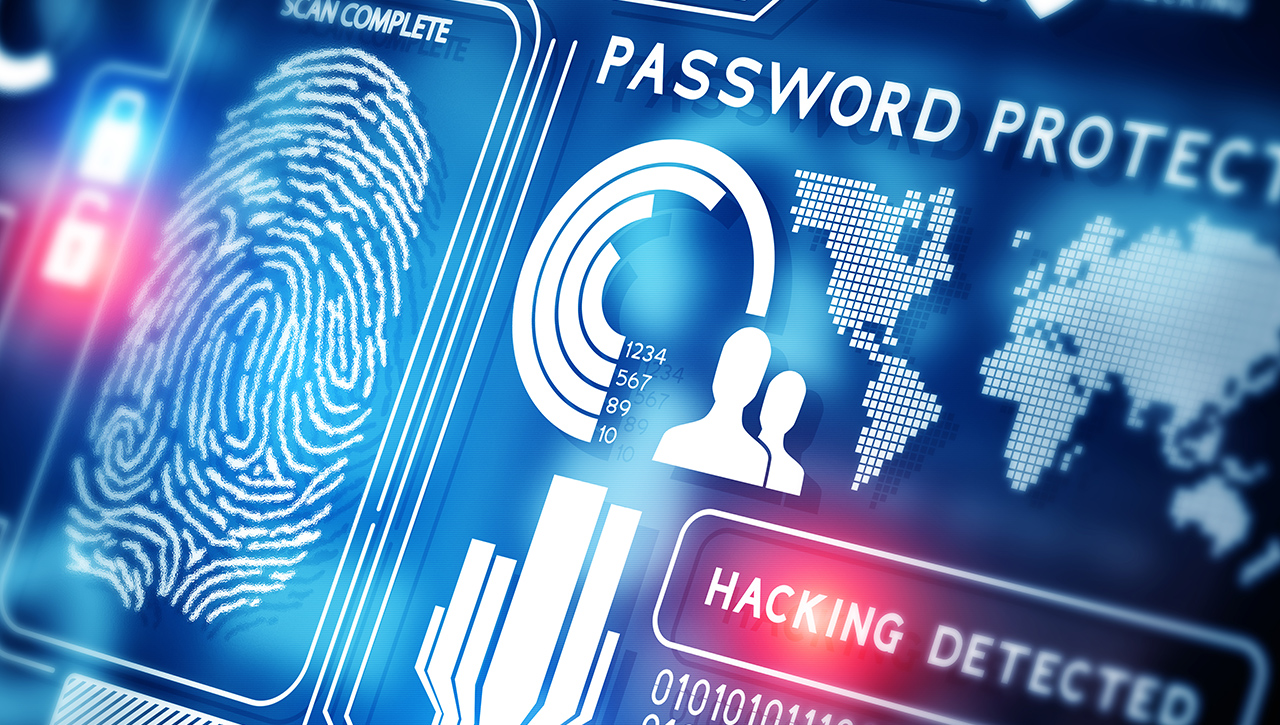Cybersecurity has become a vital requirement for businesses interested in avoiding disasters, and it’s because of cyber theft and cyber-crime, which greatly abound. The number of cyber attacks that occur daily is staggering, and 38% of all cyber-crimes target the US.
The average cost to a company hit by a malware attack or cyber theft is $2.4 million. The following are four threats to be aware of. Your IT department or IT services company may need to put extra cybersecurity measures in place to prevent these types of cyber-crime.
1) Internet of Things (IoT) Attacks
The “Internet of Things” is a reference to smart devices connected to the Internet, including smartwatches, home speakers, thermostats, and home security. The risk here is that the number of items connecting to the Internet and to your smartphone is increased. It’s like offering multiple doors that cybercriminals can try hacking into for the purpose of committing cyber theft.
2) Cryptomining Malware
A fairly new type of common malware threat, crypto-mining infects a device and uses its resources to mine cryptocurrencies without your consent. When a tablet or phone is invaded in this type of cyber-crime, the malware can overheat your device or permanently destroy it.
3) Mobile Apps Infected with Malware
Apps can be cyberthreats, which many people are unaware of. The possibility that you could download a malware-infected mobile app is very real. There are many different types of malware, including viruses, ransomware, and spyware.
4) Cyber-Crime Committed Through Email
Email is a cybersecurity concern that makes users vulnerable to cyber theft and many other types of cyber-crime. In 2017, 92.4% of all known malware was delivered through an email. Hackers simply find it easy to commit cyber theft and cyber-crime by including enticing attachments and downloads in emails.
Contact Us Today to learn how the experts at Zero1zero Innovations can help protect you and your clients against these cyber-threats.

